The Mental Health Benefits of Tai Chi and Qigong: A Scientific Perspective
In today’s fast-paced world, mental health has become a critical aspect of overall well-being. Practices like Tai Chi and Qigong have gained popularity not only for their physical benefits but also for their profound impact on mental health. This blog post delves into the science behind why Tai Chi and Qigong are powerful tools for enhancing mental health, supported by research and studies.

Understanding Tai Chi and Qigong
Tai Chi is a traditional Chinese martial art known for its slow, deliberate movements, which are often described as “meditation in motion.” This practice combines physical exercise with mindfulness, focusing on the flow of energy (Qi) through the body.
Qigong, on the other hand, is a broader practice that encompasses various forms of gentle exercise, breathing techniques, and meditation, all aimed at cultivating and balancing Qi. While Tai Chi is a specific form of Qigong, Qigong itself can be more diverse, with practices that range from dynamic movements to still, meditative postures.
Mental Health Benefits of Tai Chi and Qigong
- Reduction in Anxiety and Depression Numerous studies have demonstrated that both Tai Chi and Qigong can significantly reduce symptoms of anxiety and depression. A meta-analysis published in the journal BMC Complementary and Alternative Medicine found that Tai Chi and Qigong interventions led to a reduction in symptoms of anxiety and depression across various populations . This is largely attributed to the meditative aspect of these practices, which promotes a calm and focused mind.
- Improvement in Cognitive Function Tai Chi and Qigong have been shown to improve cognitive function, particularly in older adults. A study in the journal Frontiers in Aging Neuroscience highlighted that regular practice of Tai Chi was associated with better performance in executive function, memory, and attention . The mindful nature of these practices is believed to stimulate neuroplasticity, helping the brain maintain and even improve cognitive abilities as we age.
- Stress Reduction Stress is a common issue that affects mental health, and both Tai Chi and Qigong are effective in reducing stress levels. Research published in the journal Psychosomatic Medicine found that Tai Chi could lower cortisol levels, a hormone associated with stress, thereby promoting relaxation and reducing stress . The deep breathing and gentle movements characteristic of these practices help regulate the nervous system, promoting a state of calm.
- Enhanced Emotional Well-being Emotional regulation is another area where Tai Chi and Qigong have been shown to have a positive impact. A study published in the Journal of Clinical Psychology indicated that participants who engaged in regular Qigong practice reported significant improvements in their emotional well-being. This is likely due to the combination of physical movement, breath control, and meditative focus, which together foster a greater sense of emotional balance.
- Mindfulness and Present-Moment Awareness Both Tai Chi and Qigong emphasize the importance of being present in the moment, which is a core principle of mindfulness. Mindfulness has been widely recognized for its mental health benefits, including reduced rumination and increased emotional regulation. According to research published in the journal Mindfulness, practices like Tai Chi and Qigong enhance present-moment awareness, leading to better mental health outcomes .
Why Tai Chi and Qigong Are Effective for Mental Health
The effectiveness of Tai Chi and Qigong in improving mental health can be attributed to several factors:
- Mind-Body Connection: Both practices emphasize the connection between the mind and body, fostering a holistic approach to health. This connection helps to reduce mental stress and promote overall well-being.
- Regulation of the Nervous System: The slow, rhythmic movements and controlled breathing in Tai Chi and Qigong activate the parasympathetic nervous system, which is responsible for the body’s rest and digest functions. This activation reduces the fight-or-flight response, leading to lower stress levels.
- Social Interaction: Practicing Tai Chi and Qigong in a group setting can provide social support, which is known to enhance mental health. The sense of community and shared experience can be particularly beneficial for individuals dealing with mental health issues.
- Cultural and Historical Significance: These practices are deeply rooted in Chinese culture and philosophy, offering a sense of tradition and continuity that can provide psychological comfort and stability.
Conclusion
Tai Chi and Qigong are much more than just physical exercises; they are powerful tools for mental health. The scientific research supporting their benefits is extensive, showing that these practices can reduce anxiety, improve cognitive function, reduce stress, enhance emotional well-being, and promote mindfulness. By incorporating Tai Chi and Qigong into your routine, you can tap into these benefits and improve your overall mental health.
For those interested in diving deeper into the scientific studies mentioned, you can explore the full research articles on platforms like PubMed, Google Scholar, and the journals BMC Complementary and Alternative Medicine, Frontiers in Aging Neuroscience, Psychosomatic Medicine, Journal of Clinical Psychology, and Mindfulness.
Start your journey with Tai Chi and Qigong today to experience these mental health benefits firsthand.




